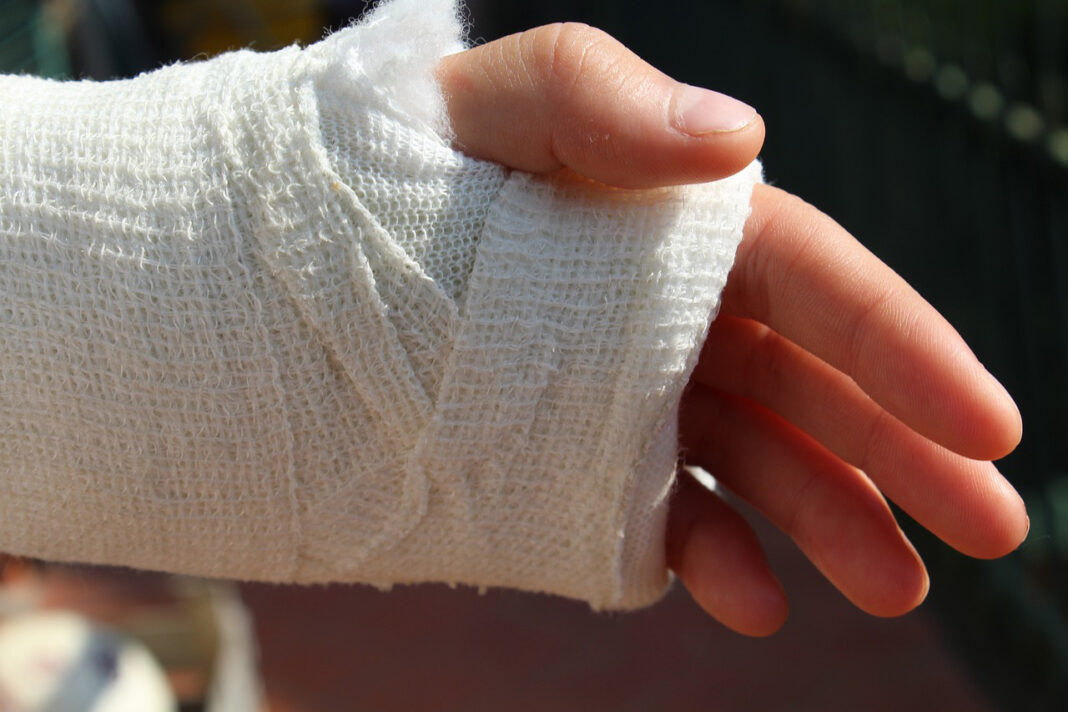No matter if you’re faced with a minor procedure or a major operation, it’s natural to feel anxious about the surgery itself and the potential risks that come with it. But what many people don’t consider is the road to recovery after surgery. This is often a critical time that requires careful attention and proper care for successful healing.
From managing pain to adjusting daily activities, there are many factors involved in post-operative recovery that can influence how quickly you can resume your normal lifestyle. In this guide, we dive into everything you need to know about post-operative recovery so you can get back on your feet in no time!
Look Into Physical Therapy
Physical therapy is a crucial component of the healing process for many patients since it aids in regaining mobility, strength, and function, helping to minimize the risk of complications and improve overall outcomes. Generally, post surgical treatment includes tailored exercises and stretches that target specific areas of the body affected by the surgery. Working closely with a trained therapist ensures that these exercises are performed correctly and efficiently.
Physical therapy can reduce pain and swelling, making the recovery period much more manageable. Adhering to a guided physical therapy regimen can significantly enhance your post-operative recovery journey.
Follow Your Doctor’s Instructions
Following your doctor’s instructions is paramount for a smooth recovery. These guidelines will often cover a range of important elements, such as medication schedules, wound care, dietary restrictions, and physical activity limitations.
When you strictly adhere to these recommendations, you can prevent complications like infections or setbacks, ensuring a safer and quicker return to your normal routine. Ignoring or deviating from your doctor’s advice can jeopardize your healing process and could lead to prolonged recovery or additional medical issues. Always prioritize open communication with your healthcare provider to clarify any concerns or uncertainties you may have.
Pain Management
Your doctor will likely prescribe a combination of medications to help control pain, which may include over-the-counter pain relievers, prescription opioids, or non-steroidal anti-inflammatory drugs (NSAIDs). It is essential to follow the prescribed medication regimen and communicate with your healthcare provider about any side effects or inadequate pain relief.
In addition to medication, alternative methods such as ice packs, elevation, and relaxation techniques can also manage pain levels. Proper pain management will facilitate quicker healing and mobility along with minimizing discomfort.
Monitor for Complications
Most importantly, you must stay vigilant for any signs of post-surgical complications as early detection can prevent serious issues. Keep an eye out for symptoms such as excessive redness, swelling, or discharge at the surgical site, fever, unusual pain, or difficulty breathing. If any of these symptoms occur, contact your healthcare provider immediately.
Regular follow-up appointments are also crucial for monitoring your progress and catching any potential problems early. Being proactive in recognizing and addressing complications can significantly contribute to a smoother and faster recovery process. Trust your instincts and seek medical advice if something doesn’t feel right.
Nutritious Diet
Eating a balanced diet rich in vitamins, minerals, proteins, and other essential nutrients promotes tissue repair and boosts your immune system, enabling your body to heal more effectively. Focus on incorporating plenty of fruits, vegetables, lean proteins, and whole grains into your meals. Hydration is equally important, so ensure you drink plenty of water throughout the day.
Consider consulting with a nutritionist to tailor a diet plan that suits your specific needs and recovery goals. Certain surgeries might require you to modify your diet temporarily or avoid specific foods that could interfere with your recovery. Pay attention to your body’s nutritional needs to support the healing process.
Rest and Sleep
Sleep plays a key role in tissue repair, immune function, and overall recovery. Make sure to prioritize getting enough sleep each night, aiming for at least 7-9 hours. Create a restful environment by keeping your bedroom cool, dark, and quiet. Avoid using electronic devices before bedtime to enhance the quality of your sleep.
Rest doesn’t just mean sleep; it also involves taking breaks and avoiding strenuous activities that can hinder your recovery. Listen to your body and give yourself permission to rest as needed. Overexerting yourself too soon can lead to setbacks and complications, so pace yourself and allow your body the time it needs to heal properly.
Recovering from surgery may seem daunting, but with the right knowledge and support, it can be a smooth and manageable process. By following these easy steps, you set yourself up for the best possible recovery. Remember, the journey to healing is unique for everyone, so be patient with yourself and seek help when needed. With careful attention and a positive mindset, you can not only recover but also come out stronger and more resilient. Cheers to a healthy recovery and a return to your normal activities!






